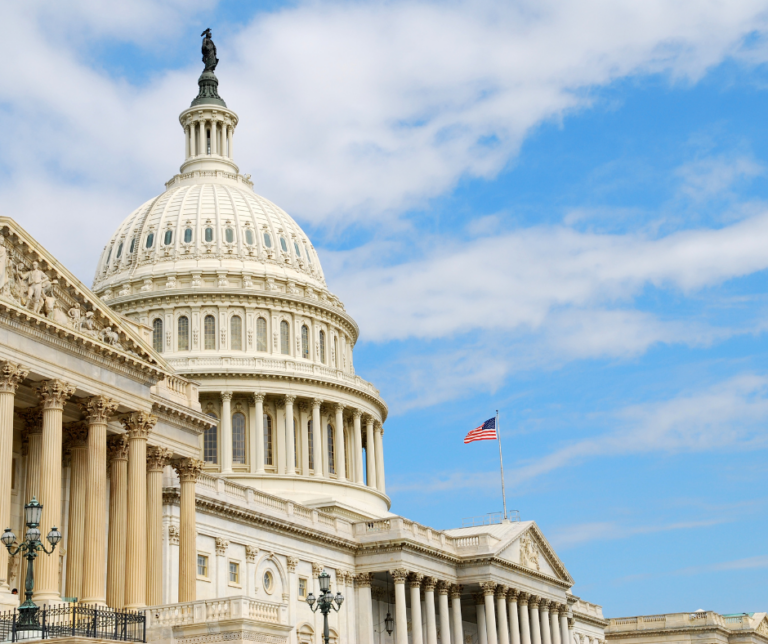Los Angeles County Tax Relief: Extended Deadlines & Disaster-Related Benefits
The recent wildfires in Los Angeles County have devastated communities, leaving thousands dealing with property loss, displacement, and financial uncertainty. In response, both the IRS and the State of California have granted tax deadline extensions and financial relief to help individuals and businesses recover.
Key Tax Extensions & Postponements
Because President Biden declared Los Angeles a federal disaster area (FEMA DR-4856-CA) on January 8, 2025, the IRS and the state have postponed tax deadlines for most returns and payments due between January 7 and October 15, 2025. Here’s what you need to know:
Federal & State Income Tax Extensions (Now Due October 15, 2025)
The IRS and California Franchise Tax Board (FTB) have extended tax filing and payment deadlines for individuals and businesses in LA County. New due dates include:
- Individual income tax returns & payments (originally due April 15, 2025)
- Quarterly estimated tax payments (January 15, April 15, June 16, and September 15, 2025)
- Partnership, LLC, and S corporation returns (originally due March 17, 2025)
- C-corporation and fiduciary tax returns & payments (originally due April 15, 2025)
- Tax-exempt organization returns (originally due May 15, 2025)
- Quarterly payroll and excise tax returns (originally due January 31, April 30, and July 31, 2025)
Sales & Use Tax Extensions (Now Due April 30, 2025)
In addition to income tax relief, California’s Department of Tax and Fee Administration (CDTFA) has granted a three-month extension for sales and use tax filings and payments for LA County taxpayers who owed less than $1 million in sales tax on their 2024 third-quarter returns.
Original due date: January 31, 2025 → New deadline: April 30, 2025
Additional relief from interest and penalties may be available upon request.
Excluded: Annual licensing fees under the Cigarette & Tobacco Products Licensing Act and International Fuel Tax Agreement (IFTA) returns
Who Qualifies for Tax Relief?
Taxpayers do not have to be directly affected by the disaster to qualify. Relief automatically applies to all residents and businesses in LA County, and can also extend to:
- Individuals who live or own businesses in LA County
- Taxpayers whose records are located in LA County (even if they live elsewhere)
- Relief workers assisting in the affected areas
- Spouses filing jointly with an impacted taxpayer
- Estates and trusts with records located in LA County
If your tax records are in LA County but you live outside the area, call the IRS Disaster Hotline at 866-562-5227 to request relief.
Additional Disaster-Related Tax Benefits
Claiming Disaster Loss Deductions
If you lost property, belongings, or business assets due to the wildfires, you may be eligible to claim a casualty loss deduction. You can choose to deduct the loss on either your 2024 or 2023 tax return—whichever benefits you more.
Disaster-related losses are subject to a reduced $500 threshold instead of the usual 10% of adjusted gross income (AGI) limit under the Federal Disaster Tax Relief Act of 2023.
Tax-Free Disaster Relief Payments
Qualified disaster relief payments received from government agencies, employers, or charities are exempt from taxable income. This includes reimbursements for temporary housing, medical expenses, or lost personal property.
Retirement Account Withdrawals (Penalty-Free Distributions)
You can withdraw up to $22,000 from your retirement account as a qualified disaster recovery distribution—with NO early withdrawal penalty. The income tax on the withdrawal can be spread out over three years. If you repay the funds within three years, you won’t owe any taxes on the distribution.
The deadline to take a qualified wildfire-related distribution is July 7, 2025.
Replacement of Lost or Destroyed Property
If your home or business was destroyed, tax rules allow for an involuntary conversion under IRC §1033, meaning:
- Insurance payouts for unscheduled personal property (clothing, furniture, etc.) are NOT taxable.
- You have up to four years to reinvest insurance proceeds into a new home or business property without paying taxes on any gain.
Estimated Tax Penalty Waivers
Normally, taxpayers who underpay estimated taxes owe a penalty. However, due to the disaster, you can request a penalty waiver using IRS Form 2210 if you couldn’t meet estimated tax requirements due to wildfire-related financial hardship.
Next Steps: What You Should Do Now
- Take advantage of the extended deadlines—file your returns and make payments by October 15, 2025 (income taxes) and April 30, 2025 (sales tax).
- Check if you qualify for tax-free relief payments—if you received disaster aid, it may not be taxable.
- If you withdrew retirement funds, see if you qualify for the penalty-free disaster distribution.
- Consider amending your 2023 return to claim wildfire-related losses sooner and potentially receive a faster refund.
- If you need more time beyond the automatic extensions, contact the IRS or CDTFA to request additional relief.
For assistance with federal tax relief, call the IRS Disaster Hotline at 866-562-5227.
For sales and use tax relief, contact the California CDTFA.
If you’ve been affected by the wildfires, know that you’re not alone—help is available to ease your financial burden and support your recovery. Stay informed, take advantage of relief options, and focus on rebuilding.




